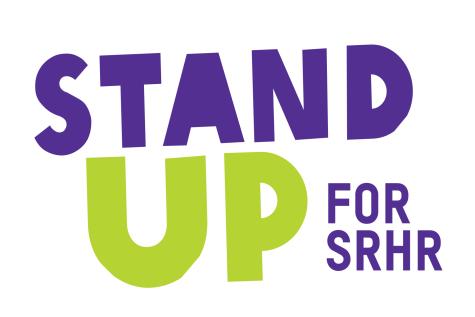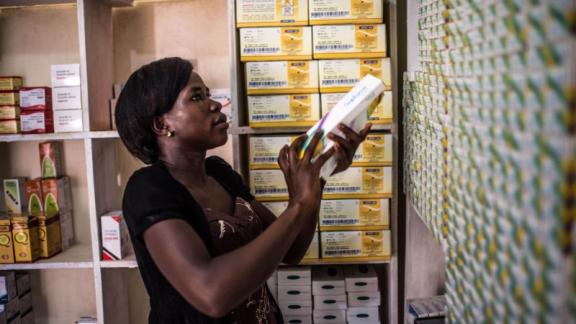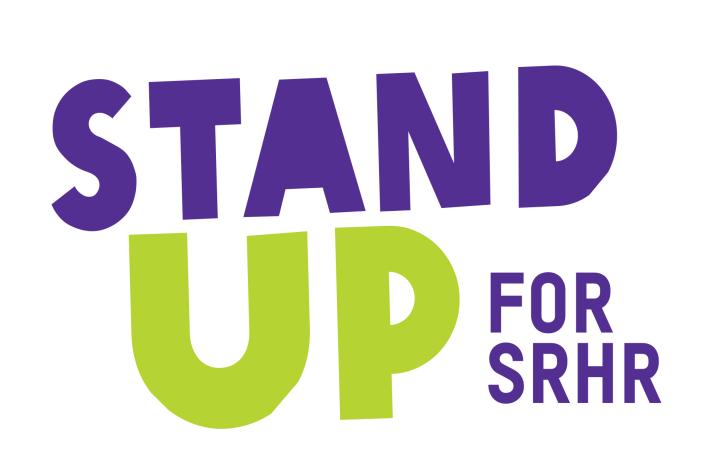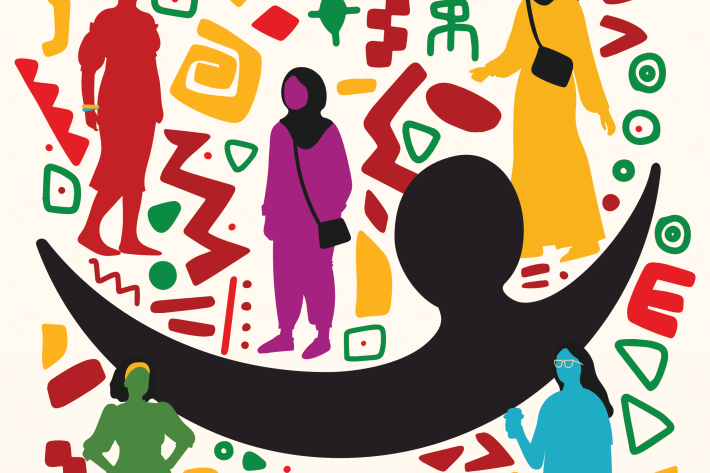Spotlight
A selection of resources from across the Federation

Mozambique, Uganda
Stand Up Factsheet 2025
Healthcare, Rights & Choice: The Stand Up Initiative in Action Imagine a world where every young woman and girl has the power to make informed choices about their sexual and reproductive health. That’s the vision of Stand Up for Sexual and Reproductive Health and Rights (Stand Up)—a groundbreaking 6.5-year initiative driving change in Uganda and Mozambique. Our Impact So Far: 6 service provision clusters established
Filter our resources by:


| 04 September 2018
The State of African Women Report
The State of African Women Report, published in 2018, delivers a ground-breaking pan-African review of the current status of implementation of continental commitments on women’s rights. Via in-depth case studies, it gives insight into the ways in which diverse actors can contribute to change. The report hopes to thereby inform and strengthen the work of diverse people and organisations fighting to make women’s rights a reality.
| 26 July 2018
Entry form / Formulaire d'inscription
IPPFAR African Journalists SRHR Reporting Award / Prix IPPF- Région Afrique de journalisme sur la planification familiale

| 13 July 2018
Newly Launched! State of African Women Report: Key Findings
This year marks the 15th anniversary of the Maputo Protocol and the upcoming 25-year review of the International Conference on Population and Development (ICPD+25 Review), as well as the first five-year review of the Addis Ababa Declaration on Population and Development (AADPD+5). These milestones offer an excellent opportunity to take stock of gaps and contestations around the realisation of women and girls’ rights, and to identify the areas where progress for Sexual Reproductive Health and Rights (SRHR) needs to be accelerated. It is against this background that we are pleased to announce the launch of the key findings of the State of African Women Report, which highlights the implementation progress of the AU’s Maputo Protocol on the rights of women in Africa, and the Maputo Plan of Action (MPoA) -which is the implementation framework for the Continental Policy Framework on SRHR. The State of African Women Report particularly focuses on four areas: Gender-based Violence against women Harmful practices HIV and AIDS Reproductive Rights The main objectives of the report are to: Raise awareness about continental commitments (Maputo Protocol and Maputo Plan of Action) Review status of implementation (with a focus on SRHR) Strengthen focus on how women’s and girls’ rights are realized Inform and strengthen effective advocacy efforts and strategies of Civil Society Organizations (CSOs) and opinion formers The State of African Women Report report seeks to complement existing reports and reviews by: Focusing on sexual and reproductive health and rights Looking at role of and trends in Regional Economic Communities (RECs) Emphasizing the role of civil society organizations and actors Promoting a gender and rights perspective with regards to ratification, domestication (including legal and policy reform), implementation (institutional reform), civil society initiatives and social norm change The key audiences of the report include: Parliamentarians, African First Ladies of States and Governments, journalists, religious leaders, youth leaders, CSOs, AU and RECs representatives, high level political decision-makers, technocrats / thematic experts, national (and subnational) government decision-makers and donors.

| 04 June 2018
Financial Statements 2017
The overall group income of IPPF has risen by US$3.1 million (3%) to US$102.4 million (2016: US$99.2 million). Unrestricted total income rose by US$4.1 million and restricted income fell by US$1.0 million. IPPF’s main source of funding is government grants, which account for 82% (2016: 79%) of total income. In 2017 unrestricted government funding increased by US$1.4 million (2%) to US$67.4 million. The main reason for the increase was the increase in funding from the Scandinavian countries (Norway US$9.1 million, Sweden US$ 4.8 million and Denmark US$ 4.0 million) to assist in bridging the funding gap caused by the impact of the Global Gag Rule and the loss of UK government funding. Restricted government funding amounted to US$16.8 million, up from US$12.1 million in 2016. The Government of Australia continued to provide support (US$3.6 million) in relation to the global SPRINT Initiative to provide sexual and reproductive health services to crisis and post crisis areas in South East Asia, the Paci c, South Asia, and Africa and to help fund our Fiji office which supports Paci c MAs. USA provided US$6.7 million of funding for a number of programmes. The Government of Japan provided US$1.8 million for work on integration of SRHR and HIV and AIDS and humanitarian assistance for internally displaced people in Syria and refugees in Jordan and Lebanon.The Government of Germany US$0.2 million to improve access to promote sexual reproductive health services in Syria and to displaced persons in Sudan. The governments of the Netherlands, Norway and an anonymous donor also provided funding of US$3.7 million to the Safe Abortion Action Fund. Grants from multilateral donors and other sources decreased by 24% from US$20.6 million to US$15.8 million. A signifcant factor in the decrease was US$3.1 million from Bill and Melinda Gates Foundation, US$2.7 million UN Programme on HIV/AIDS and US$0.4 million from the David and Lucile Packard Foundation as some current projects came to an end.

| 20 April 2018
2018 Call for Scholarship Applications
2018 Call for Scholarship Applications: MWALIMU NYERERE AFRICAN UNION SCHOLARSHIP SCHEME. For Female Applicants Only For Masters and PhD Programmes in Science, Technology, Engineering and Mathematics (STEM) CLOSING DATE: 30th April 2018
| 17 April 2018
LES JEUNES AU CENTRE
LES JEUNES AU CENTRE
Pagination
- First page
- Previous page
- …
- 19
- 20
- 21
- …
- Next page
- Last page

















